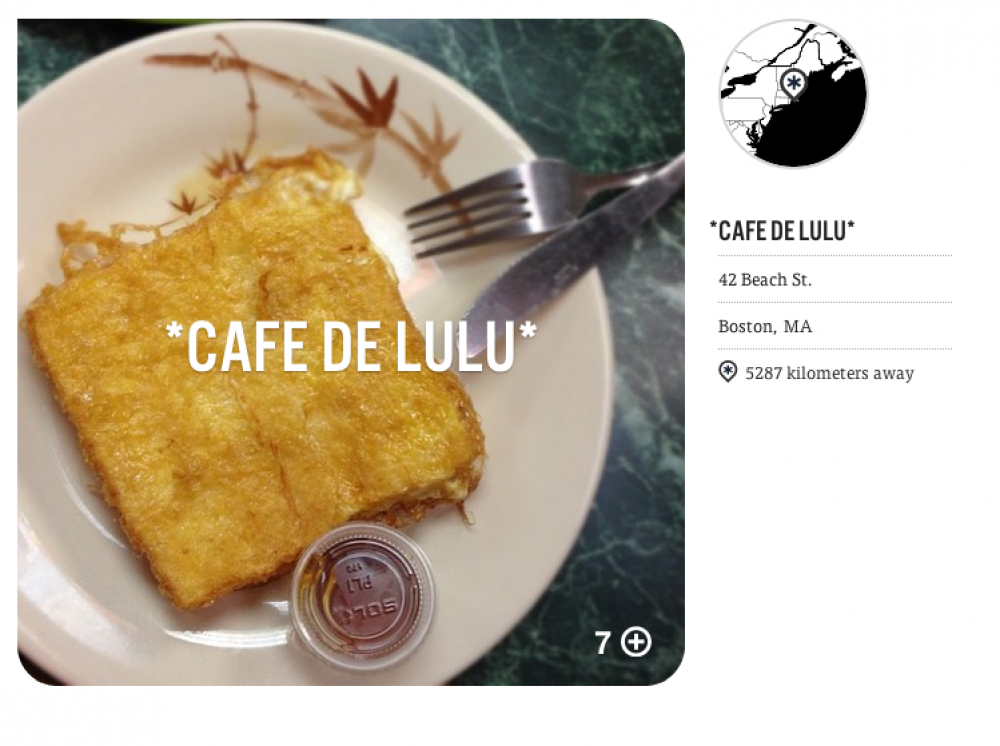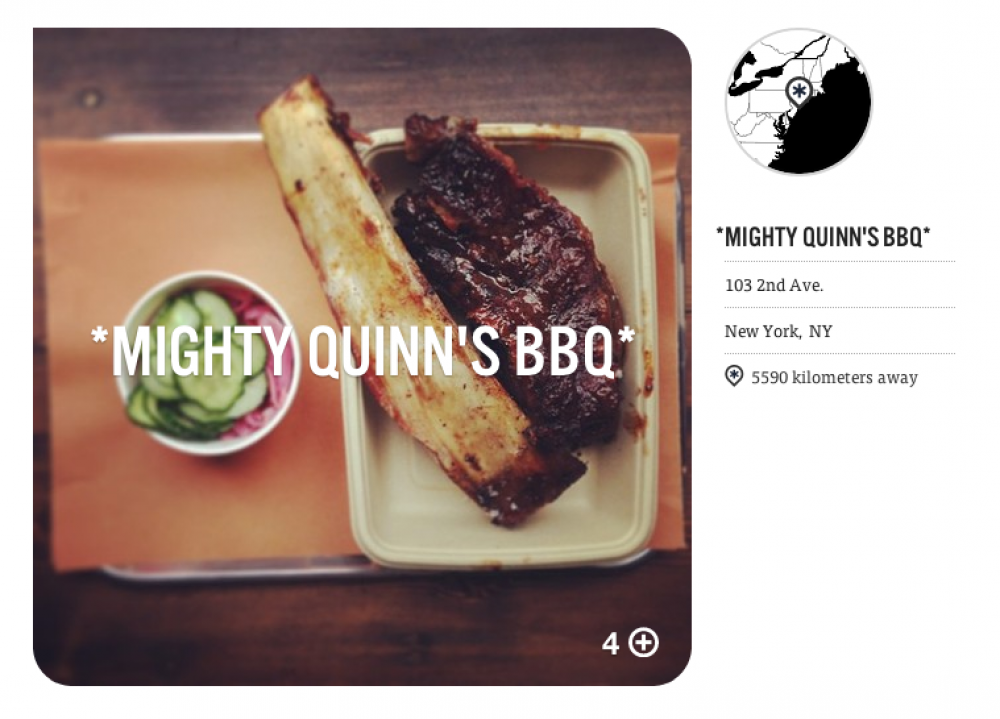

As technology evolves at a dizzying pace, our online identities continue to become increasingly complex. Whereas, in the past, our options were limited to, say, a few social-networking sites, there are now a plethora of services that digitize a specific aspect of ‘who we are.’ From personal appearance to music preference to visual inspiration, we have the ability to flesh out a digital self. But as Jeremy Fisher sees it, one aspect of identity is still underrepresented on the internet. And with his new service, Wander, he’s hoping to put that on the map.
New York native Jeremy Fisher was an analyst at Morgan Stanley before embarking on his career change. His old job no doubt included a fair amount of daydreaming, some of which may have inspired Jeremy’s first serious tech endeavour. Launched in 2010, Dinevore is a digital platform for writing and sharing restaurant recommendations – not dissimilar to Yelp, Trip Advisor, or Foursquare. A closer look at the peer recommendations within those services led Jeremy to the idea for Dinevore. Specifically he came to the realization that people were using those sites, in his words, “as blogging platforms,” or “ways to express themselves.”
If you say, ‘Write about a place you’ve been,’ that’s made the infinite universe of things I can write about much smaller and more manageable.


Jeremy says this happens for two reasons. The first is that “place acts as a good prompt for what to write.” Blank postboxes on sites like WordPress and Tumblr can be daunting, whereas reviews are much more guided. “If you say, ‘Write about a place you’ve been,’ that’s made the infinite universe of things I can write about much smaller and more manageable.” The other reason users are surprisingly prolific on review sites is that they’re connected to heaps of preloaded information. “Structured data gives you an audience based on quantity and doesn’t just rely on quality,” Jeremy says. “The more places you talk about, the more people are going to see what you write. And that sort of feedback is really rewarding.” So sometimes abundance trumps substance.
Jeremy Fisher’s latest venture, Wander, received an abundance of attention before any of its substance was revealed. Websites like Betabeat and Wired covered, “The Most Ridiculous Marketing Strategy Ever,” which included an Utterly Pointless Leaderboard where visitors to onwander.com received seemingly useless points for spreading the word about Wander through social media. When asked if he was worried that Wander wouldn’t live up to the pre-launch buzz, Jeremy responds: “It’s a good problem to have. If nobody ever hears about your service, it doesn’t matter how good it is. Nobody’s succeeded just by being good in this space.” Wander debuted this past summer, though it’s hard to measure the site’s success as visitors are still required to request an invite.


For those fortunate enough to be invited into the fold, TechCrunch describes Wander as, “a love child between the information of Yelp and the beauty of Pinterest, but for all places.” Users curate a Wanderlog, or collection of photos with a snippet of copy overlaid. Ideally these places all hold some personal significance.
Location is the common engine that drives both Dinevore and Wander, but where Dinevore is about actually going to places, Wander is much more aspirational. As Jeremy explains it, “I buy a guidebook for Paris when I’m already going to France. But where’s the stuff that leads up to that? We don’t think that that part of it has been digitized yet.” He continues, “Wander is about sitting at your desk or waiting at the doctor’s office and saying, ‘I wish I were somewhere else.’ We think that people have that feeling all the time, and we want to be the next best thing to actually travelling.”
And travelling is about more than just escaping your current coordinates. As Jeremy puts it, “Places are rich signifiers of identity.” And that applies to restaurants as much as it applies to foreign countries. “When people use Dinevore they’re saying, ‘I’m the person who goes to Per Se for dinner,’ versus ‘I’m the person who goes to Burger King for dinner.’” Where we’ve been, where we are, where we’re going, and where we want to go all say something about who we are. And since we can’t change our location as easily as we can change the clothes we’re wearing or the music we’re listening to, Wander is our outlet.
Jeremy’s work on Dinevore gave him another important insight that he applied to Wander. “I was the core demographic for Dinevore. I’ve been to thousands of restaurants and I’m really into recommendations, but we don’t care about that sort of data. That’s secondary. Really, recommendations and the social stuff is all about relationships, people, and expression.”
If it sounds like Wander is trying to bring a little substance to ‘social,’ that’s the point. When I asked about the emerging trends that Wander’s tapping into, Jeremy responded, “We’re building for what we call the ‘emotional web’, so thinking about nostalgia, aspiration, connection. When was the last time a website made you cry? Compare that to other media and it suddenly seems pretty deficient in that regard.” He mentions the Pair app and Timehop service as occupying a similar space.
It’s easy to continue the line that connects Dinevore and Wander to see a whole suite of similar sites, dedicated to other pillars of culture. And although identity outlets like music, art and fashion might not hinge as much on location, each do indeed come with a few good prompts to get the conversation started.
http://www.onwander.com



Discussion